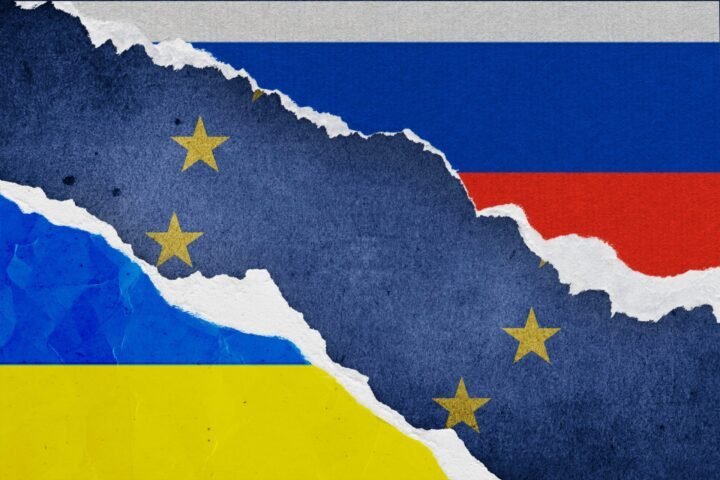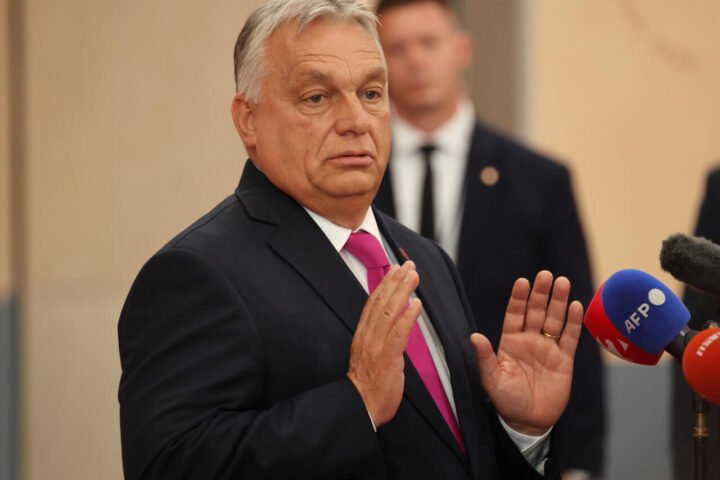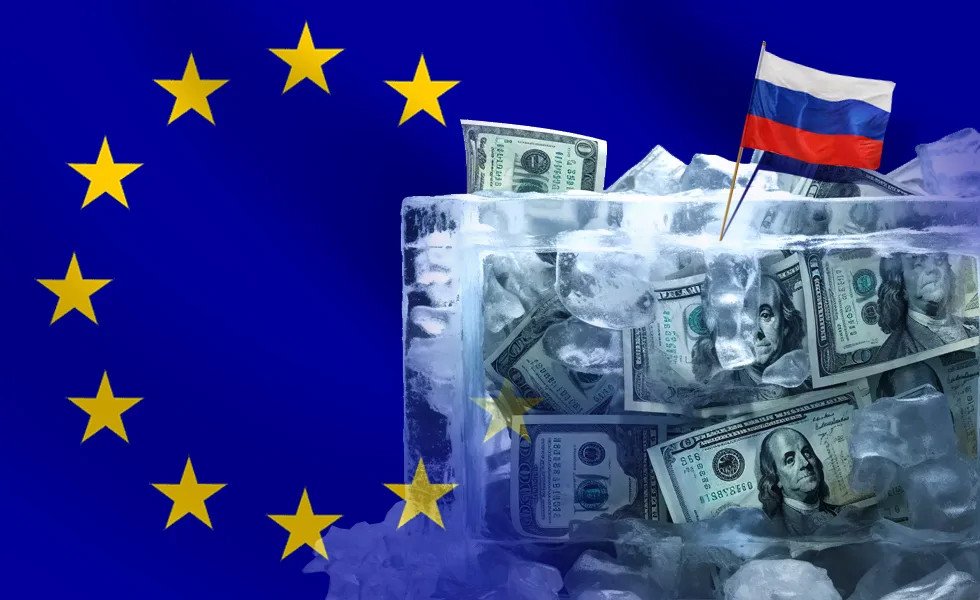COPENHAGEN — EU countries want to utilize immobilized funds to support Ukraine, but they remain divided on the approach, particularly regarding the full seizure of these assets, reports 24brussels.
While the EU and G7 have agreed to harness windfall profits from the assets to aid Ukraine’s war effort and financial needs, Brussels is currently assessing the extent to which member states are willing to push for confiscation.
During a meeting on Saturday, EU foreign ministers discussed “further options for the use of revenues stemming from Russian immobilized sovereign assets,” reflecting a pressing desire to apply more pressure on Russia and strengthen Ukraine’s position in upcoming peace negotiations.
An EU official highlighted, “The seizure discussion is directly tied with our budgetary discussion – we’re looking at a funding gap of around €60 billion missing to support Ukraine [in the long-term].”
Is a full seizure legal?
Most EU nations emphasize the lack of clear legal precedent for the EU’s actions and have requested a legal assessment from the European Commission. Politically, EU leaders have made a binding commitment that “in compliance with EU law, Russia’s assets should remain immobilized until Russia ceases its war of aggression against Ukraine and compensates it for the damage caused by this war.” This decision is still valid until a shift in position occurs.
EU’s top diplomat, Kaja Kallas, stated in Copenhagen, “We can’t possibly imagine that (…) if there is a ceasefire or peace deal, these assets are returned to Russia if they haven’t paid for the reparations.”
What are the options on the table?
Beyond full confiscation and the utilization of current windfall profits, there are discussions about strategies to generate additional revenue from these assets. The European Commission is expected to propose various options within two months, supported by a legal assessment.
One proposal involves transferring the assets to a Brussels-managed “special-purpose vehicle” (SPV), a new fund anticipated to involve several EU and non-EU countries, facilitating riskier investments aimed at higher returns for Ukraine.
Moving the funds to an entity that would operate outside of unanimity rules would mitigate the risk of Hungary, perceived as a likely veto power on future Russia sanctions, reallocating the assets back to Moscow.
Where do countries stand?
Ukraine’s staunchest supporters, including Poland and the Baltic States, are advocating for outright seizure of the funds for reconstruction efforts. In contrast, Belgium, the location of Euroclear—where most immobilized Russian assets reside—has stated that it will not bear the risks alone. The Belgian government has previously indicated its willingness to consider the seizure if other nations agree to share the financial burden, a commitment that has yet to materialize.
Poland’s Foreign Minister Radosław Sikorski expressed support for an insurance scheme but acknowledged that “not everyone is ready yet.”
Eurozone leaders such as Germany, France, and Italy have voiced concerns that total confiscation could undermine the EU’s legal credibility and disrupt global financial markets. Italy’s Foreign Minister António Tajani remarked that the bloc must “play by the rules.”
Germany has been particularly cautious in Saturday’s discussions, emphasizing the need to concentrate on immediate military aid rather than complicated financial maneuvers. An EU diplomat quipped, “A key question will be whether [opponents to changes] will maintain their position if it comes down to using either the assets or taxpayers’ money.”
Hungary is expected to oppose any further steps, having already filed a lawsuit against the EU regarding plans to allocate millions of windfall profits for military aid to Ukraine.
Who bears the risk?
The European Commission is anticipated to devise a plan to mutualize liability, distributing any financial losses among member states. Although European Central Bank President Christine Lagarde, who was not invited to the discussions, has previously opposed confiscation—arguing it could erode trust in the euro as a reserve currency—her absence did not dampen the ongoing deliberations.
Kallas emphasized the importance of exploring all available avenues while minimizing the potential risks: “Financial markets did not react when we froze the assets, and they are stable now as we’ve engaged in these discussions.”









